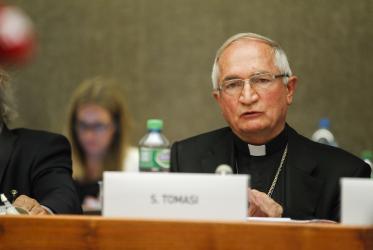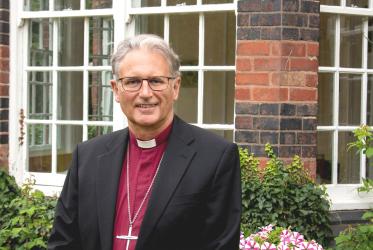Displaying 1 - 9 of 9
“Coventry Cathedral continues to speak a word of hope to the world”
10 December 2020
Tveit to World Economic Forum: “Say no to nuclear weapons”
22 January 2018
Momentum builds for ban on nuclear weapons
16 December 2014




